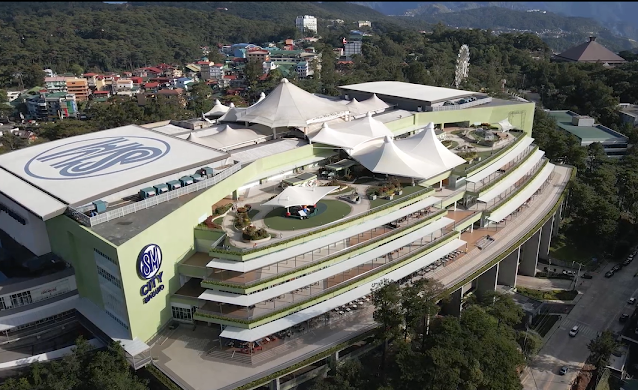With the worsening problem of global warming, water is fast becoming a precious commodity.
According to the World Wildlife Fund, some 1.1 billion people worldwide lack access to water, and a total of 2.7 billion find water scarce for at least one month of the year. Worst, two-thirds of the global population may face water shortages by 2025 and ecosystems will suffer.
While many countries have already began their water management decades ago such as The Netherlands and Singapore, this water sustainability concern has been adopted by both public and private sectors in terms of finding solutions and safeguarding and managing water resources. SM Supermalls are at the forefront of the conservation and management of water resources in its mall facilities. Its endeavors form the foundation of a more sustainable and water-secure future that the company has long been advocating.
SM has been recycling water since the 1990s, treating an average 1 billion gallons of water annually in recent years, equivalent to 1,600 Olympic-sized swimming pools. In line with the SM Green Movement, SM has been continuously working towards responsible consumption and water conservation in its properties.
SM Supermalls' wastewater is channeled to the mall's treatment plants that recycle an estimated total of 4 million cubic meters of water, lessening their dependence on freshwater sources for non-potable uses. SM did this even before the measure was required by way of the Clean Water Act in 2004. SM MOA has also been involved in various sustainability and environmental initiatives, including water recycling among others.
With "Save Water" signages in its malls, SM aims to create awareness about water conservation and inspire people to take simple actions to reduce their water consumption.
SM Supermalls also launched the first-ever water filtration system at SM City Baguio. This facility can turn collected rainwater into potable water for mall tenant use such as washing and cooking as well as dishwashing and handwashing, allowing the mall to further lessen its dependence on the freshwater supply of the Baguio community.
SM's dedication aligns with the world's environmental sustainability and climate action goals. Rainwater catchment basins in flood-prone areas and the rainwater filtration in SM Baguio further exemplify this commitment. These significant efforts underscore the ongoing need for sustainable practices and policies. The journey towards sustainable water management is ongoing. SM Supermalls, through its initiatives, paves the way for a greener, more secure future.















0 comments:
Post a Comment